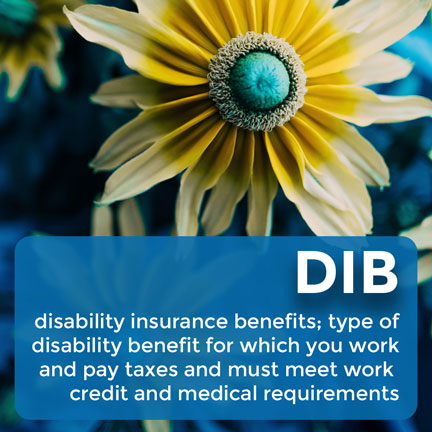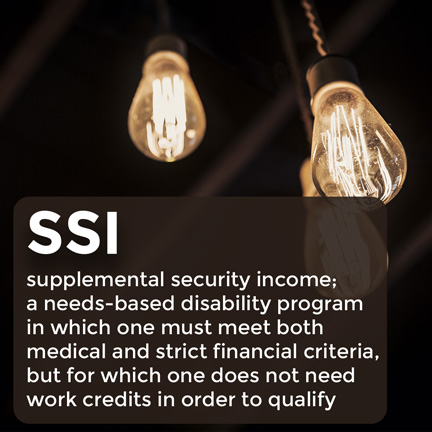Disability Benefits, Medicare, and Medicaid: Know the Difference
Although Medicare and Medicaid are well-known government programs, many people don’t know the difference between the two. Things get even more confusing when you throw Social Security disability benefits into the mix. What’s the difference between all three programs, and how does applying for one program affect your eligibility for another? What Is Medicare? Medicare […]

Available 24/7
Free Case Review
You won’t pay any fees until we win your case.
It’s easy - you can:





